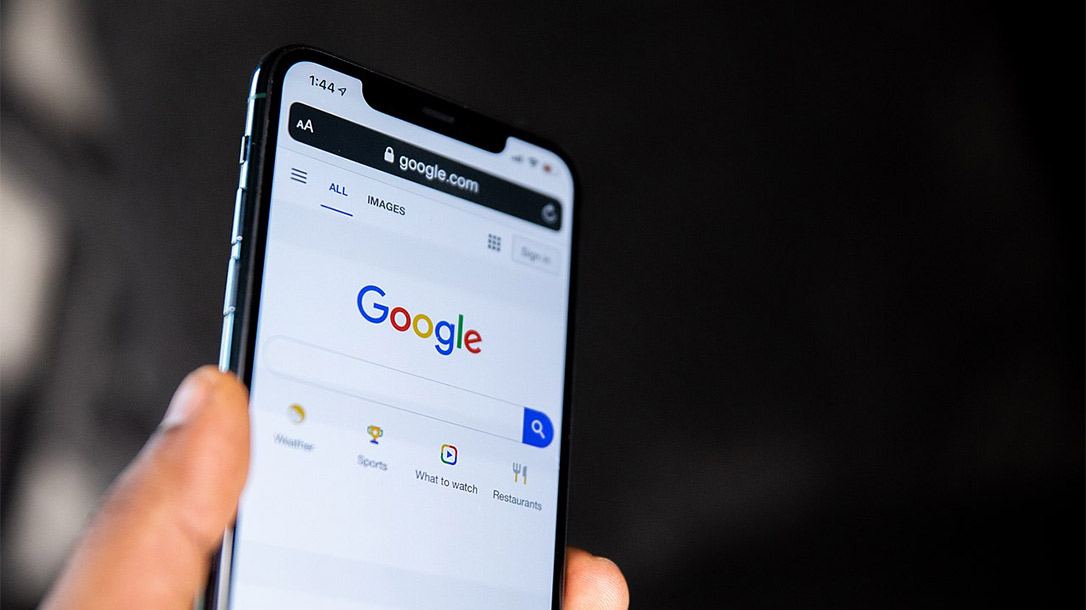Stalking has been an issue for years and the advent of the internet only made it easier. Without much difficulty, a stalker can use search engines to get your personal info, to further target you. Now with the rise in doxxing, things are even getting more dangerous. However, you can now remove your personal information from Google and protect yourself online.
Remove Your Personal Information from Google
You don’t have to be a celebrity to show up in Google search results. If you have ever done a search for yourself online, you may be surprised to find out how much personal data is out there, like your home address.
But removing your information from the public eye hasn’t always been easy. Getting search engines, like Google, to remove your personal data from search results required a legitimate reason. There had to be a specific threat, like identity theft.
Advertisement — Continue Reading Below
According to a report on Breitbart, “Google previously only offered to remove personal and financial information in a situation where there was a legitimate threat, but now Google is allowing anyone to remove their personal information.”
However, a request to remove your content from a Google search doesn’t necessarily mean that it will be removed.
In its report on the changes, NPR states, “Even with the changes, there are still a few reasons Google might deny a removal request. They mainly deal with information that is deemed “broadly useful” or part of the public record, such as newsworthy data or material that’s posted to government sites or other official outlets.”
Advertisement — Continue Reading Below
So, for example, information on the sex offender registry will still be visible.
Removing Your Information from Search Results
You can make the request by visiting the Removal Request page on Google and starting the process. According to the site, in order for consideration of content removal, it has to meet these requirements:
- Confidential government identification (ID) numbers like U.S. Social Security Number, Argentine Single Tax Identification Number, Brazil Cadastro de pessoas Físicas, Korea Resident Registration Number, China Resident Identity Card, etc.
- Bank account numbers
- Credit card numbers
- Images of handwritten signatures
- Images of ID docs
- Highly personal, restricted, and official records, like medical records
- Personal contact information (physical addresses, phone numbers, and email addresses)
- Confidential login credentials
There is a four-step process after submitting the removal request if you meet these requirements. Google details the process as:
Advertisement — Continue Reading Below
- You get an automated email confirmation. This confirms we received the request.
- We review your request. Each request is evaluated on factors including the requirements above.
- We gather more info, if needed. In some cases, we may ask you for more information. If the request doesn’t have enough information for us to evaluate, like missing URLs, we’ll share specific instructions and ask you to resubmit the request.
- You get a notification of any action taken.
- If the submitted URLs are found to be within the scope of our policy, either the URLs will be removed for all queries or the URLs will be removed only from search results in which the query includes the complainant’s name, or other provided identifiers, such as aliases.
- If the request doesn’t meet the requirements for removal, we’ll also include a brief explanation. [Likewise,] if your request is denied and later you have additional materials to support your case, you can re-submit your request.
Not a Complete Removal
Although your information will no longer be available in Google searches, it will still be online.
According to Michelle Chang, Google’s Global Policy Lead for Search, “It’s important to remember that removing content from Google Search won’t remove it from the internet, which is why you may wish to contact the hosting site directly, if you’re comfortable doing so.”
So, your information will still be online, it will just be harder to root out. If you would like to get even deeper, contact any company that has your information and ask them to remove it from their web page.
Advertisement — Continue Reading Below
Also, when you are done with this, you should consider locking down your social media as well.
Keep it real and stay safe.























